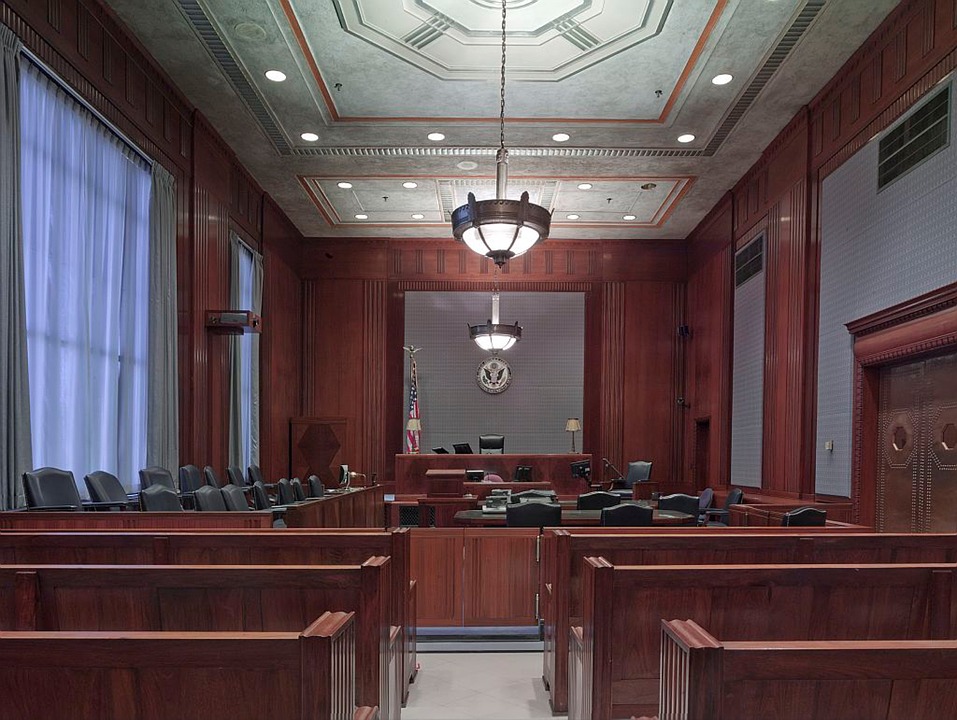One Way to Prove You Didn’t Commit the Crime
If you stand accused of a crime, the judge must admit into evidence the testimony of another person who admits to committing the crime to the police or comes into court as a witness. In other words, one way to prove that you didn’t commit a crime is if a co-defendant who is already in jail is willing to admit to your innocence. The judge must admit that statement into evidence. In the case of Gable v. Williams, the appellate court ruled that the trial court’s exclusion of a third party’s detailed and compelling confession violated the petitioner’s due process rights.
Gable v. Williams
Over thirty years ago, Frank Gable was charged and convicted of the murder of Oregon Department of Corrections Director Michael Francke. Gable was sentenced to life without the possibility of parole. Since there was no physical evidence found, the case rested exclusively on witness testimony. On appeal, almost all witnesses who implicated Gable have retracted their statements, explaining that they intended to frame Gable after hearing that he was a police informant. These false statements were the basis of the prosecution’s case. In addition, the trial court refused to allow evidence that another man named John Crouse had already confessed multiple times to the murder. Crouse’s confession even included details of the crime that were not publicly known.
Although Gable failed to raise his claims of constitutional violations based on exclusion of Crouse’s evidence in state court as required, the district court excused Gable’s procedural default under the Shlup v. Delo “actual innocence” exception. This means that the court examined Gable’s new evidence against the entire record and determined that it was more likely than not that no reasonable juror would find him guilty beyond a reasonable doubt. As a result, the district court found that the trial court violated Gable’s due process rights by excluding evidence of third-party guilt under Chambers v. Mississippi. The district court granted Gable’s petition and vacated his conviction. The appellate court affirmed the district court’s findings, holding that Gable’s due process rights were violated by the exclusion of Crouse’s confession.
Proving You Didn’t Commit the Crime
Evidence of third-party guilt, if sufficiently reliable and supported by other evidence, can cast serious doubts on a petitioner’s guilt. The court in Gable found that the testimony of the State’s main witnesses was tainted by coercive and misleading investigative techniques, and that another man gave compelling confessions on multiple occasions. If you are involved in a case with a co-defendant or witness who has already confessed to the crime, you may be able to prove your innocence.
Even if some direct evidence still points to you, a third party confession can raise enough doubt in order to meet the Shlup standard. For example, in the case of Carriger v. Stewart, the state’s lead witness Dunbar confessed to lying about the petitioner’s guilt. The court in that case ruled that Dunbar’s detailed confession was more consistent with the record than his fabricated testimony. As such, Shlup was satisfied, meaning it was more likely than not that no reasonable juror would have convicted him in light of the new evidence. If you meet this standard, it is possible to avoid a guilty verdict.
Importantly, if a court attempts to exclude a third party’s detailed and compelling confession, your due process rights may be violated. In Gable, the court held that the petitioner’s Sixth (right to have a public trial, to confront the witnesses against him, and to obtain witnesses in his favor) and Fourteenth Amendment (right to a meaningful opportunity to present a complete defense) rights were violated by excluding the third party confession. As such, a court must hear out the testimony in your favor.
Contact Wallin & Klarich Today
If you believe that your due process rights were violated by the exclusion of key testimony, contact Wallin & Klarich as soon as possible to see how we can help. With 40+ years of experience, Wallin & Klarich is your best choice amongst Southern California criminal defense firms. Our attorneys have helped thousands of clients clear their names and restore their reputations, and we have the skills and resources to help you as well.
With offices in Orange County, Riverside, San Bernardino, Victorville, Torrance, West Covina, Los Angeles, and San Diego, you are sure to find an available and convenient attorney near you.
Discover how our team can assist you. Contact us today, toll-free at (877) 4-NO-JAIL or (877) 466-5245 for a free consultation with a skilled defense attorney.




